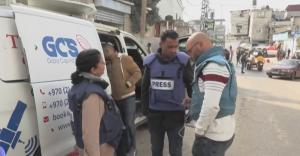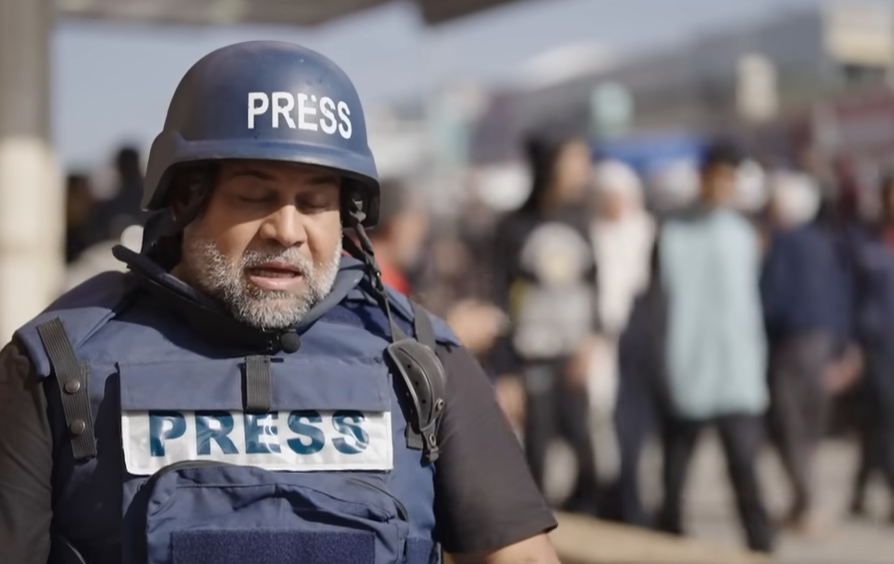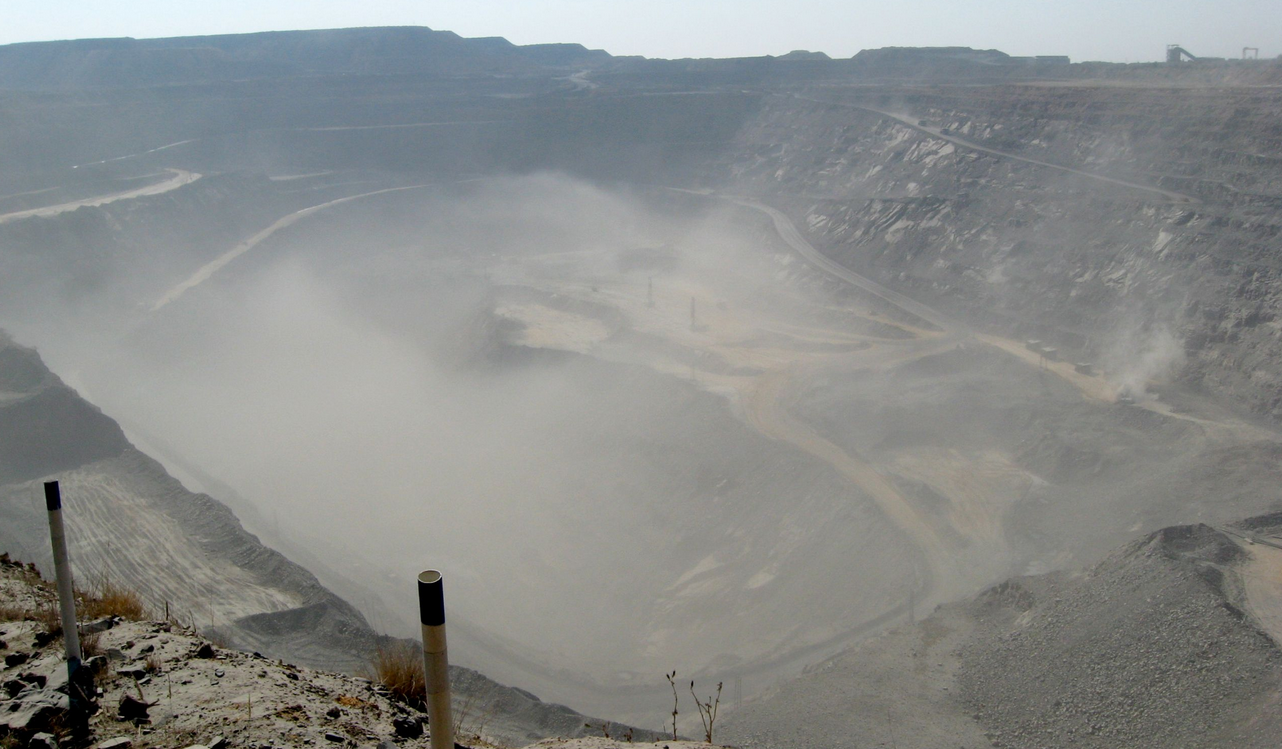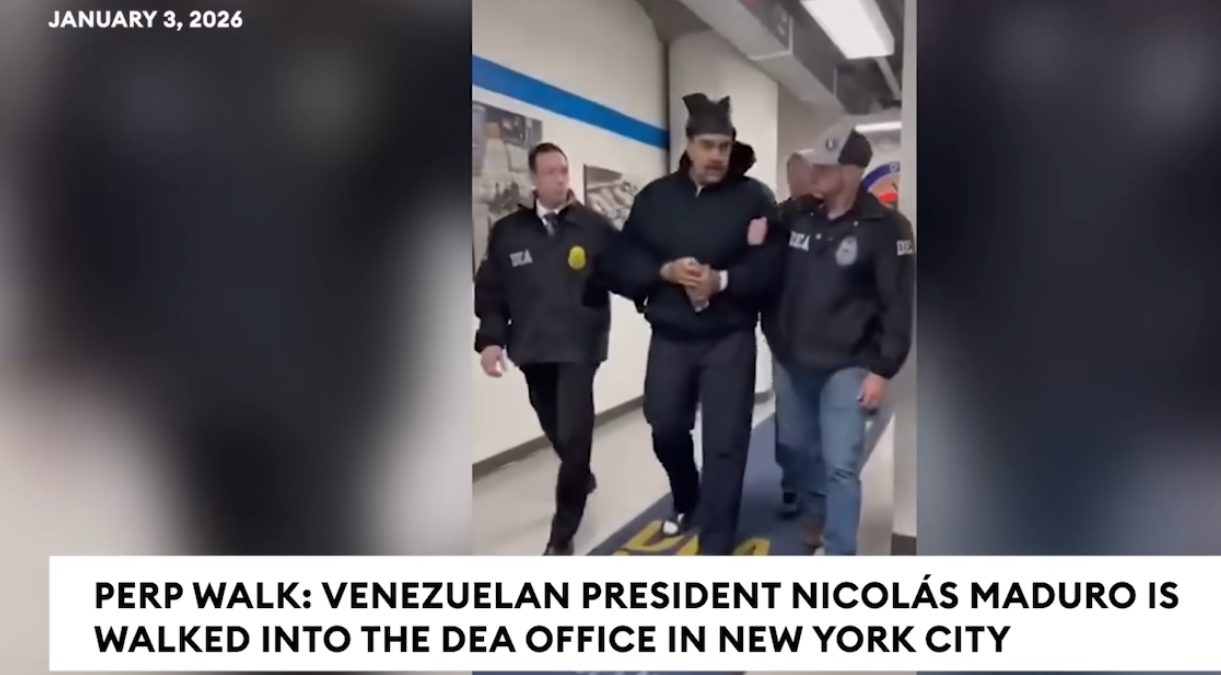By Committee To Protect Journalists
Photos: YouTube Screenshots
New York, May 22, 2024—The Committee to Protect Journalists (CPJ), ARTICLE 19 and partners on Wednesday issued a statement (full text below) in support of South Africa’s urgent request to the International Court of Justice to order Israel to facilitate unimpeded media access to Gaza.
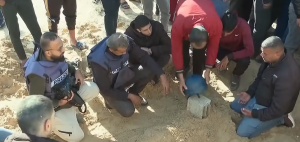
In a joint statement, nine human rights and press freedom organizations noted that Israel has failed to comply with the ICJ’s January 26 order to “take effective measures to prevent the destruction and ensure the preservation of evidence related to allegations of acts within the scope of Article II and Article III of the Genocide Convention.”
South Africa argued on May 16 that the court should issue these provisional measures to ensure that Israel preserves evidence in compliance with the January order.
“Despite the valiant efforts of Palestinian journalists who continue reporting despite a daily struggle to survive, Israel’s censorious actions make it nearly impossible to comprehensively, continuously and independently document what is happening on the ground in Gaza and risk significantly hampering future accountability efforts,” the signatories stated.
The statement noted that journalists, independent human rights investigators, fact-finding missions, and the International Criminal Court (ICC) still do not have access to Gaza, prohibiting the effective preservation and retention of evidence of potential war crimes.
“Israel’s near-total ban of foreign journalists from Gaza and its increasing constraints on outlets like Al Jazeera and The Associated Press, combined with a struggling Palestinian press corps, means South Africa’s ICJ request for unimpeded media access is urgent and vital,” said CPJ Director of Advocacy and Communications Gypsy Guillén Kaiser. “Any censorship of developments in Gaza creates an information void ripe for propaganda and mis- and disinformation that has consequences for public accountability and people’s lives.”
“Israel’s continuing assault on journalists, freedom of expression and people’s right to access information violates international human rights and humanitarian law,” said ARTICLE 19 Senior Director for Law and Policy Barbora Bukovská. “It defies the ICJ’s January order for evidence to be preserved as the conflict continues and will hinder accountability efforts. It is therefore vital that the ICJ is crystal clear this time around that Israel’s actions must stop.”
Since the ICJ’s January 26 order to Israel, CPJ has documented the killings of 19 Palestinian journalists and media workers in Gaza.
To date, at least 105 journalists and media workers – 100 of them Palestinian – have been killed since the war started on October 7, 2023. There is evidence that at least three of these journalists were targeted by the Israel Defense Forces (IDF); CPJ is actively looking into other cases where there is evidence of a possible targeting.
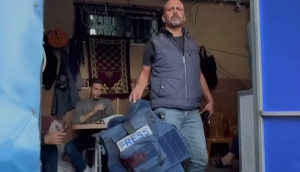
About the Committee to Protect Journalists
The Committee to Protect Journalists is an independent, nonprofit organization that promotes press freedom worldwide. CPJ defends the right of journalists to report the news safely and without fear of reprisal.
Media contact: [email protected]
About ARTICLE 19
ARTICLE 19 is an international think–do organization that propels the freedom of expression movement to ensure all people realize the power of their voices. Together with our partners, we develop cutting-edge research and legal and policy analysis to drive change worldwide, and lead work on the frontlines of expression through our 9 regional hubs across the globe.
Media contact: [email protected]
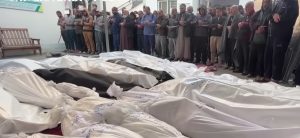
Read the full statement below
International Court of Justice: Protect evidence in the Gaza war
We, the undersigned organisations dedicated to defending freedom of expression and information, protecting journalists and upholding digital rights, welcome South Africa’s urgent request to the International Court of Justice (ICJ) for the modification and indication of provisional measures as a result of Israel’s military assault on Rafah and the catastrophic humanitarian situation across Gaza. In particular, we support South Africa’s request that the ICJ order Israel to:
… take all effective measures to ensure and facilitate the unimpeded access to Gaza of […] fact-finding missions, internationally mandated bodies and/or officials, investigators, and journalists, in order to assess and record conditions on the ground in Gaza and enable the effective preservation and retention of evidence; and ensure that its military does not act to prevent such access, provision, preservation or retention.
We recall that on 26 January 2024, the ICJ ordered Israel to “take effective measures to prevent the destruction and ensure the preservation of evidence related to allegations of acts within the scope of Article II and Article III of the Genocide Convention.” Yet, Israel has so far failed to undertake such measures, as demonstrated by the following actions:
- According to the Committee to Protect Journalists, at least 105 journalists and media workers have been killed in the hostilities, including at least 100 Palestinians since the start of hostilities. Approximately a fifth of those journalists were killed following the ICJ’s order. There is also growing evidence that at least some of these journalists were targeted by the IDF.
- There is a near-total ban on international journalists entering Gaza and a petition for military authorities to allow foreign journalists to report inside Gaza was rejected by the Israeli Supreme Court in January 2024.
- Communications blackouts continue, including the destruction of vital civilian communications infrastructure. Dozens of media offices and internet service providers (ISPs), which are civilian structures under humanitarian law, have also reportedly been destroyed by IDF strikes.
- On 5 May 2024, based on a recently adopted law, the Israeli Communication Minister ordered the closure of Al Jazeera broadcasts in both Arabic and English within Israel and blocked its website in Israel. Al Jazeera is one of very few international media outlets providing extensive coverage of the war directly out of Gaza. On May 21, the Israeli Ministry of Communication officials seized a camera and broadcasting equipment belonging to The Associated Press alleging that the agency had violated the country’s new foreign broadcaster law by providing images to Al Jazeera. The feed was broadcasting a general view of northern Gaza.
- Independent human rights investigators, fact-finding missions or the International Criminal Court (ICC) still do not have access to Gaza.
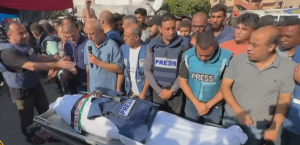
Despite the valiant efforts of Palestinian journalists who continue reporting despite a daily struggle to survive, Israel’s censorious actions make it nearly impossible to comprehensively, continuously and independently document what is happening on the ground in Gaza and risk significantly hampering future accountability efforts. Journalists have historically played a critical role in contemporaneously investigating and preserving the evidence of war crimes in genocides and other atrocities. Harrowing as the information coming out of Gaza may be, it is likely to only be the tip of the iceberg due to evidence buried under mountains of rubble from pulverised neighbourhoods. The need for access to international observers, fact-finders and an unimpeded local and international press becomes more crucial than ever.
Our organisations therefore strongly support South Africa’s call. We respectfully urge the ICJ to indicate detailed, clear and unequivocal measures to allow for the collection and preservation of evidence of atrocity crimes that may have been committed in Gaza and preventing the destruction of such evidence. In particular, the ICJ should order Israel to:
- Refrain from imposing any further communication blackouts or targeting of telecommunications infrastructure in Gaza.
- Protect journalists’ right to report on the hostilities, ensure journalists’ safety, promptly and thoroughly investigate all attacks on journalists, and hold accountable individuals found to be responsible for them.
- Grant international and local journalists independent access to Gaza.
- Ensure that all international and domestic media outlets can operate freely, including in Gaza.
These measures are essential to enable the ICJ to fully appreciate the facts of this case. It is also key to ensure that breaches of international human rights, international humanitarian and international criminal law do not go unrecorded and that a pathway can exist for holding those responsible to account.
Without such measures, not only will many of Israel’s potentially egregious abuses against Palestinians and breaches of international law remain unknown and unpunished, but the knowledge that Israel can continue to operate largely in the dark also creates an information vacuum that leaves Palestinians, Israelis and the world vulnerable to information manipulation. Ultimately, shielded by opacity and censorship, wrongdoers operate in an environment devoid of public scrutiny which is ripe for abuse, continued civilian deaths, starvation and destruction.
Signed:
ARTICLE 19
Committee to Protect Journalists (CPJ)
International Press Institute (IPI)
Digital Action
SMEX
The Tahrir Institute for Middle East Policy (TIMEP)
Access Now
Free Press Unlimited
Reporters Without Borders (RSF)
